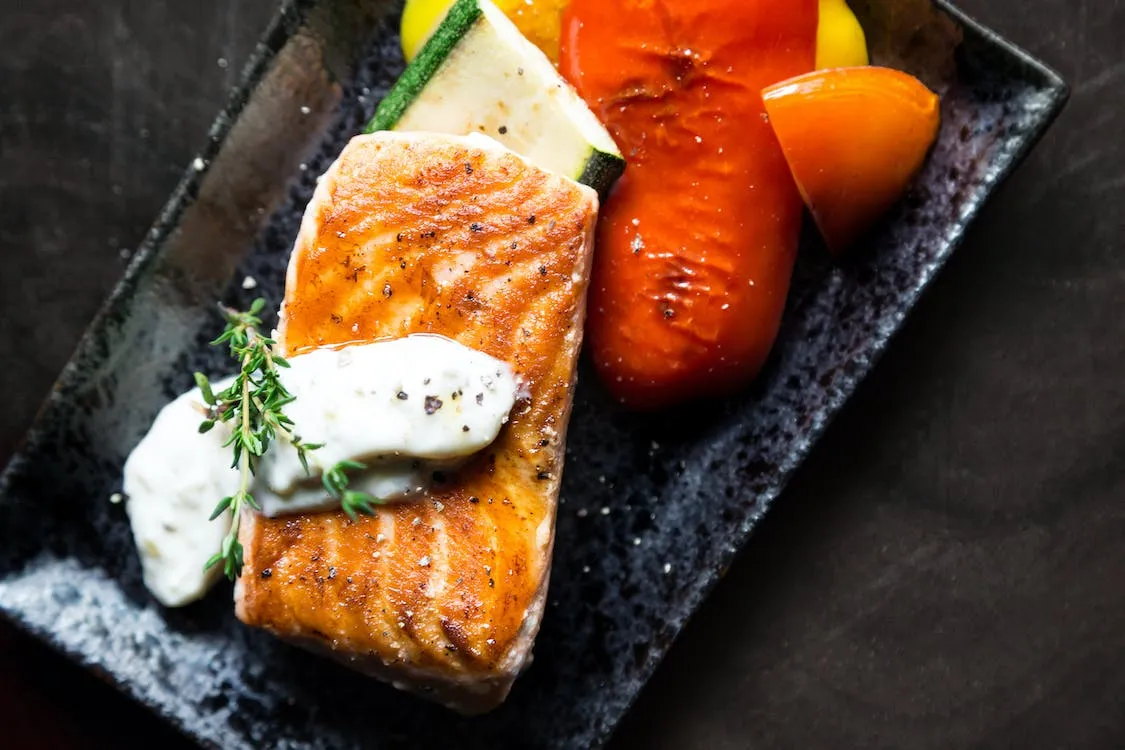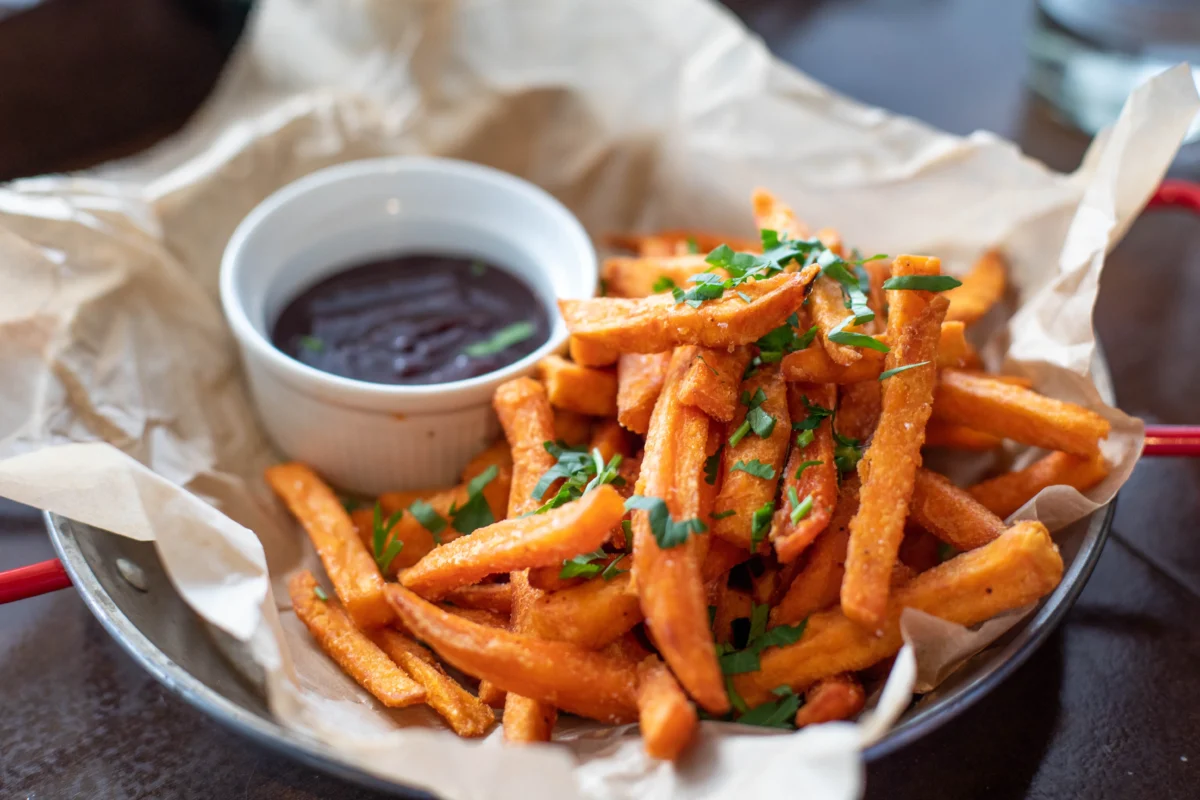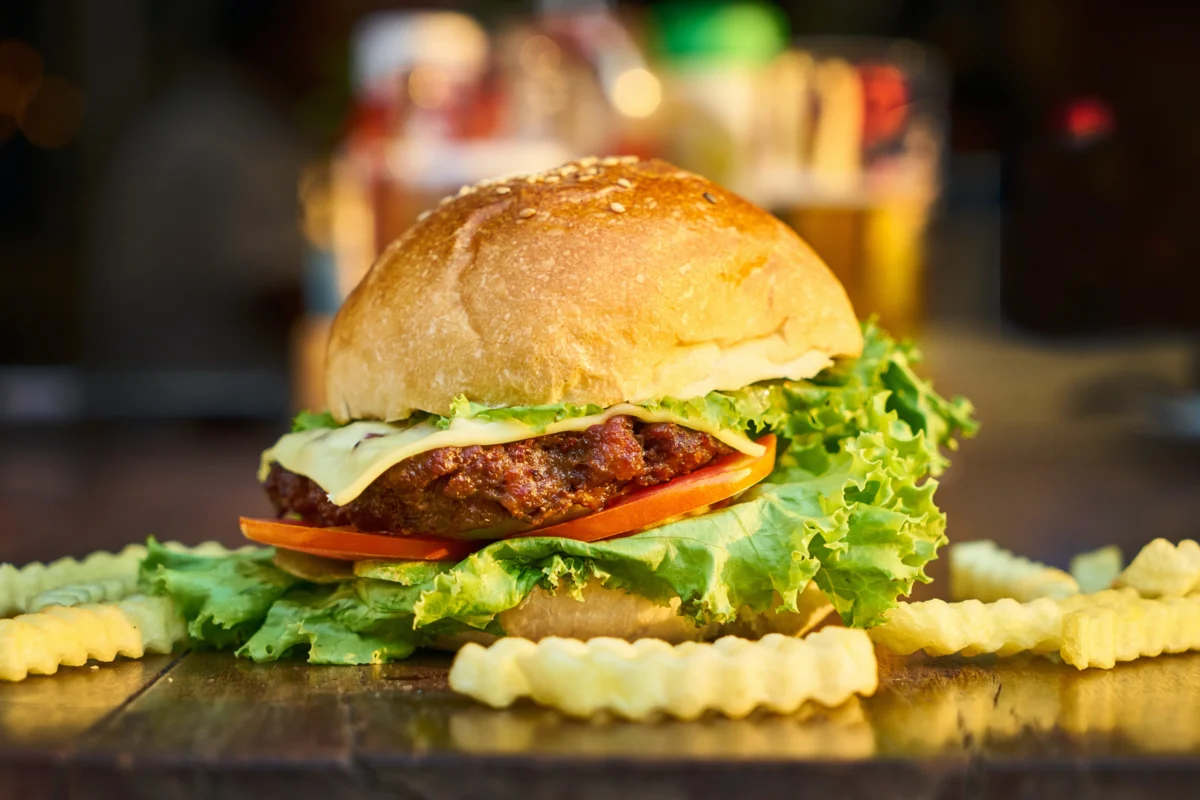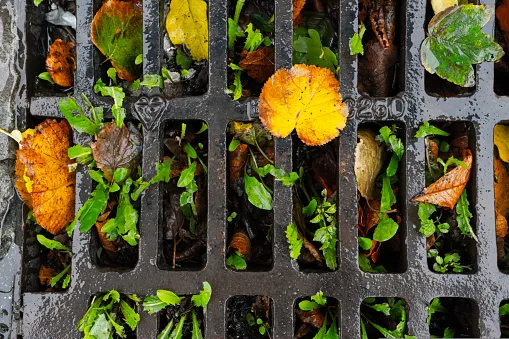The Ultimate Guide to Storing Fresh Salmon: Tips from an Expert Griller
So, you’re new to grilling and barbecues, huh? Welcome to the club, my friend. One of the things that every BBQ enthusiast needs to know is how to properly store their food, especially fish like salmon. Sure, cooking it to perfection is important, but so is being able to identify when it’s gone bad.

In this article, we’ll cover the basics of storing salmon properly, including the factors that affect its shelf life in the fridge, how to identify when it’s gone bad, and some tips for extending its freshness. We’ll also take a look at the differences in storage times for fresh, frozen, and cooked salmon. So if you want to ensure that your salmon is always fresh and delicious, keep reading!
The importance of storing salmon properly
As a seasoned grilling enthusiast, you know that nothing beats the taste of fresh salmon cooked to perfection on the barbecue. However, one often overlooked aspect of preparing this delectable fish is how it’s stored prior to cooking.
Proper storage is crucial for ensuring that your salmon stays fresh and tasty until it hits the grill. So how long does salmon last in the fridge? The answer depends on several factors such as its freshness when purchased, storage conditions, and whether it has been previously frozen.
To maximize shelf life and maintain quality, always store your raw salmon in an airtight container or wrapped tightly in plastic wrap or foil. Keep it refrigerated at 40°F (4°C) or below and use within two days of purchase if fresh or within three months if previously frozen.
It’s also important to note that once cooked, leftover salmon should be eaten within 3-4 days if properly stored in an airtight container or resealable bag.
But why all this fuss about proper storage? Aside from preserving freshness and flavor, storing raw fish correctly can prevent foodborne illnesses caused by harmful bacteria like Listeria monocytogenes. By taking these simple steps to store your prized catch properly before grilling time rolls around, you’re not only ensuring maximum enjoyment but also safeguarding against potential health risks – making you not just any old neighbor who knows their way around a grill but rather an expert who truly cares about their craft!
Factors Affecting the Shelf Life of Salmon in the Fridge
When it comes to grilling salmon, nothing beats the taste of fresh fish. But how long can you keep salmon in the fridge before it goes bad? The answer depends on several factors.
Firstly, the temperature of your fridge plays a crucial role in determining how long your salmon will last. Ideally, you should store your fish at temperatures between 32°F and 39°F. Anything above this range increases bacterial growth and shortens shelf life.
Secondly, the quality of your fish also affects its shelf life. Fresh wild-caught salmon tends to last longer than farmed or previously frozen varieties because they are less likely to have been exposed to bacteria during processing.
Thirdly, proper packaging is essential for preserving freshness and prolonging shelf life. When storing raw or cooked salmon in the fridge, make sure it’s wrapped tightly with plastic wrap or stored in an airtight container. This helps prevent exposure to air that can cause spoilage.
Lastly, proper handling is key when it comes to maintaining quality and extending shelf life. Always wash hands thoroughly before handling raw fish and avoid cross-contamination by using separate cutting boards for meat and vegetables.
By keeping these factors in mind when storing your Salmon In The Fridge For maximum longevity And Freshness ,you’ll be able To enjoy delicious grilled seafood all summer long!
How do I identify when salmon has gone bad?
As a grilling enthusiast, there’s nothing quite like the taste of perfectly cooked salmon. But how do you know when your fish has gone bad? Here are some tips to help you identify when your salmon is past its prime.
First, pay attention to the smell. Fresh salmon should have a mild ocean scent. If it smells overly fishy or has an ammonia-like odor, it’s likely gone bad.
Next, examine the texture of the flesh. Fresh salmon should be firm and moist with no visible discoloration or dry spots. If it feels slimy or mushy to the touch, it may be spoiled.
Finally, check for any signs of mold or slime on the skin and scales. These are clear indicators that bacteria have started to grow on your fish and that it’s no longer safe for consumption.
To extend the shelf life of your fresh salmon in the fridge at home, store it in an airtight container between 32-40°F (0-4°C). When properly stored this way, fresh seafood can last up to two days before going off.
In summary: trust your senses – if something seems off about your fresh catch then don’t take any chances! It’s always better to err on side caution than risk getting food poisoning from consuming spoiled seafood!

Tips for extending the freshness of salmon in the refrigerator
As a seasoned grilling enthusiast, I understand the importance of keeping your salmon fresh in the fridge. Whether you’re new to barbecuing or a seasoned pro, here are some tips on how to extend the freshness of your salmon and ensure it’s ready for your next cookout.
First and foremost, always make sure that you properly store your salmon in the fridge. This means wrapping it tightly in plastic wrap or aluminum foil and placing it at the back of your refrigerator where temperatures are most consistent. You can also place ice packs on top of or below the wrapped fish to help keep it cool.
Another important tip is to only buy as much salmon as you need for immediate use. The longer fish sits in the fridge, even if stored properly, its quality will start declining.
When cooking with previously frozen (thawed) Salmon try consuming within 24 hours from thawing time regardless whether cooked or not
Lastly but equally significant is always checking for any signs spoilage such as bad odor before consumption
By following these simple steps and being mindful about proper storage techniques,you can easily extend freshness by up to four days when storing raw Salmon fillets; this way you’ll be able enjoy delicious fresh-tasting grilled Salmon all summer long!
What is the difference between the storage times for fresh, frozen, and cooked salmon?
When it comes to salmon, proper storage is key to maintaining its freshness and flavor. Whether you prefer fresh, frozen, or cooked salmon, knowing the appropriate storage times can make a big difference in your grilling experience.
Fresh salmon should be kept refrigerated at temperatures between 32-38°F for no more than two days. To extend its shelf life, consider wrapping the fish tightly in plastic wrap or aluminum foil before placing it in the fridge. Alternatively, you can freeze fresh salmon for up to six months by first wrapping it securely and then storing it in an airtight container.
Frozen salmon should be thawed slowly overnight in the fridge before cooking. Once thawed, cook immediately or store cooked leftovers for up to three days refrigerated at 32-38°F.
Cooked salmon that has been left out at room temperature for longer than two hours should be discarded as bacteria growth may have occurred. When properly stored though – wrapped tightly with plastic wrap or aluminum foil – cooked leftover fish will remain safe and delicious when refrigerated below 40°F for up to four days.

By following these simple guidelines on how long does Salmon last In The Fridge , even novice grillers can ensure their dishes are both safe and tasty – leaving more time spent enjoying food with friends rather than worrying about food safety!
Conclusion
Storing your salmon the right way is essential for making sure you can enjoy the amazing flavor and texture that comes with freshness. By following these tips, you can be confident in knowing when your salmon has gone bad and how to keep it fresher for longer. Grillers, don’t just settle – take control of your seafood’s shelf-life! For more helpful grilling tips, be sure to check out our blog page today!













